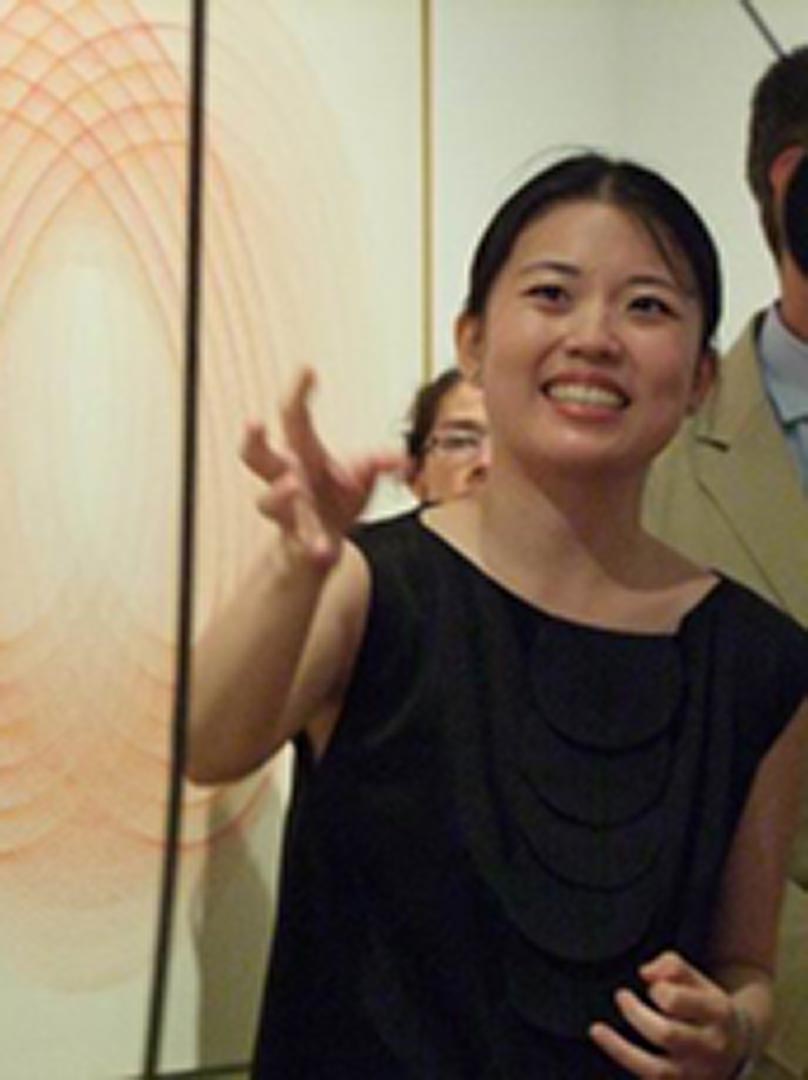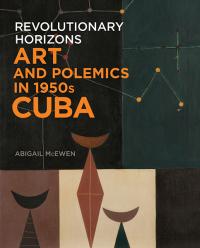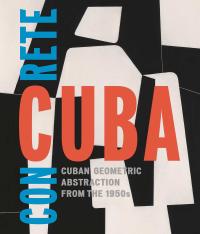Abigail McEwen

Associate Professor, Latin American Art, Art History and Archaeology
Affiliate Faculty, Latin American and Caribbean Studies Center
mcewen@umd.edu
4206 Parren J. Mitchell Art-Sociology Building
Get Directions
Education
Ph.D., , Institute of Fine Arts, New York University
Research Expertise
Cuba
Digital Art History
Global Modernism
Modern and Contemporary Art History
Puerto Rico
The Americas
Abigail McEwen specializes in the history of modern and contemporary Latin American art. Her areas of research and teaching interest span the modern Americas, with an emphasis on the art of twentieth-century Cuba and Puerto Rico, the transnational history of abstraction, and the postwar avant-garde. She received her Ph.D. from the Institute of Fine Arts, New York University in 2010 and joined the faculty at the University of Maryland that year. She is an affiliated faculty member of the Latin American Studies Center.
Her book Revolutionary Horizons: Art and Polemics in 1950s Cuba (Yale University Press, 2016) describes the visual strategies and political purchase of Havana's vanguardia during the Batista dictatorship. This project has been supported by grants and fellowships from the Metropolitan Museum of Art, the Dedalus Foundation, and the Graduate School at the University of Maryland. She is now beginning research on a new book, titled Excentric Bodies: Exodus and Erotics in Post-Revolutionary Cuban Art, which considers a range of psychic and emotional responsiveness in art produced both in exile and on the island during the 1960s and 1970s. McEwen's writings have appeared in numerous exhibition catalogues and in such publications as American Art, Art Nexus, caareviews.org, and Revista Hispánica Moderna. As a curator, McEwen has collaborated with the Art Museum of the Americas in Washington, D.C. on two exhibitions: Constellations: Constructivism, Internationalism, and the Inter-American Avant-Garde (2012), funded in part by a grant from the Latin American Studies Association and the Ford Foundation; and Streams of Being: Selections from the Art Museum of the Americas (2015), organized with The Art Gallery on campus.
Recent course offerings include Modern Latin American Art to 1945, Transatlantic Dialogues in Modern Latin American Art, American Abstractions: Art and the Cold War, and Contemporary Latin American and Latino Art. She regularly teaches an introductory survey of modern art across the Americas, which approaches the history of artistic movements and ideas in the United States and Latin America from a hemispheric and intercultural perspective.
She leads the Carillon Art and Activism Community.
Creative
RE•CAST: SCULPTURAL WORKS FROM THE ART MUSEUM OF THE AMERICAS
LACS graduate and faculty affiliates curate art exhibit on campus
Author/Lead: Abigail McEwenNon-ARHU Contributor(s): Marco Polo Juárez Cruz & Gabrielle Tillenburg
Re•Cast is organized by UMD Department of Art History and Archaeology Graduate Students Marco Polo Juárez Cruz, Cléa Massiani, and Gabrielle Tillenburg, under the direction of Associate Professor Abigail McEwen.
Publications
Revolutionary Horizons: Art and Polemics in 1950s Cuba
A history of modern art and abstraction in revolutionary Cuba
Author/Lead: Abigail McEwen
Read More about Revolutionary Horizons: Art and Polemics in 1950s Cuba
Concrete Cuba: Cuban Geometric Abstraction from the 1950s
Catalogue accompanied the exhibition, Concrete Cuba, at David Zwirner (London and New York)
Author/Lead: Abigail McEwen
Read More about Concrete Cuba: Cuban Geometric Abstraction from the 1950s

